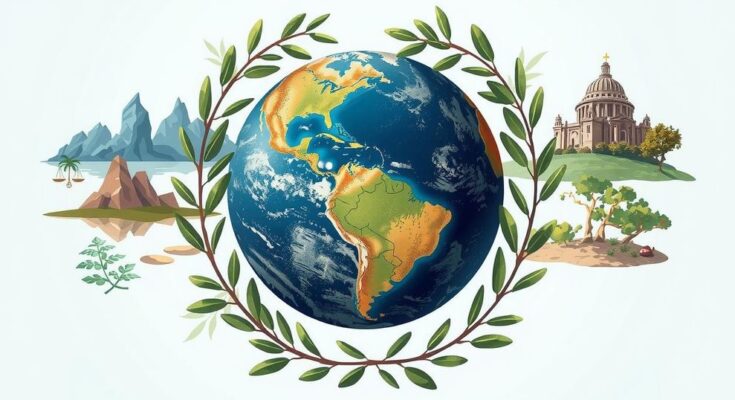In the wake of the 1973 Chilean coup, WOLA emerged as a beacon of hope, formed to champion human rights and link the harrowing experiences of victims with U.S. policymakers. Over the decades, WOLA has evolved into a multifaceted organization, addressing pressing issues like climate change, racial justice, violence, and migration—all while steadfastly promoting democracy and justice in Latin America.
During the 1970s, WOLA fervently opposed military dictatorships dominating South America, shedding light on human rights abuses and influencing U.S. policy to hold regimes accountable. The organization was instrumental in drafting the transformative Harkin Amendment, stopping military aid to governments committing human rights violations, and advocating for thousands of victims at the Organization of American States.
In the 1980s, as civil turmoil ravaged Central America, WOLA became a powerful voice against death squads, documenting the atrocities committed by the Nicaraguan Contras and supporting peace accords in El Salvador. Their efforts catalyzed significant dialogues for conflict resolution and highlighted the region’s humanitarian crises.
By the 1990s, WOLA shifted its focus towards fostering democratic transitions, providing advocacy training for local communities, and ensuring civil society’s participation in reconstruction post-Hurricane Mitch. They were also early advocates against the escalating U.S.-backed war on drugs, emphasizing the need for alternative strategies to sustain democracy.
As the 2000s unfolded, WOLA embraced new human rights challenges, founding the International Commission against Impunity in Guatemala, to combat organized crime and promote accountability. They also worked tirelessly to advocate against violence towards women on the U.S.-Mexican border, repositioning U.S. aid towards social and economic development rather than military initiatives.
In the 2010s, WOLA championed peace negotiations, notably supporting the 2016 Colombia Peace Agreement. They focused on migrant rights, pushing for policy reforms that address the root causes of migration and ensuring justice for affected individuals, while advocating against punitive drug laws that disproportionately hurt marginalized communities.
Today, WOLA stands at the forefront of crucial debates concerning human rights in Latin America, continuing their relentless advocacy work to craft a just future for the region, empowering voices often drowned out amidst political unrest.
Founded in 1974 following the Chilean coup, WOLA champions human rights in Latin America through a commitment to justice and democracy. Over the decades, it has opposed dictatorships, supported peace in Central America, advocated for democratic transitions, tackled violence against women and promoted migrant rights. Today, WOLA remains central to human rights discussions, continually adapting to new challenges while fostering impactful reforms.
WOLA’s journey since 1974 reflects an unwavering commitment to human rights advocacy in Latin America. From challenging military dictatorships to supporting peace processes and addressing the complexities of migration, WOLA has been a constant force for justice and reform. Its efforts have profoundly shaped U.S. policy and ensured that marginalized voices are heard, proving the power of persistent advocacy in transforming lives and societies.
Original Source: www.wola.org



